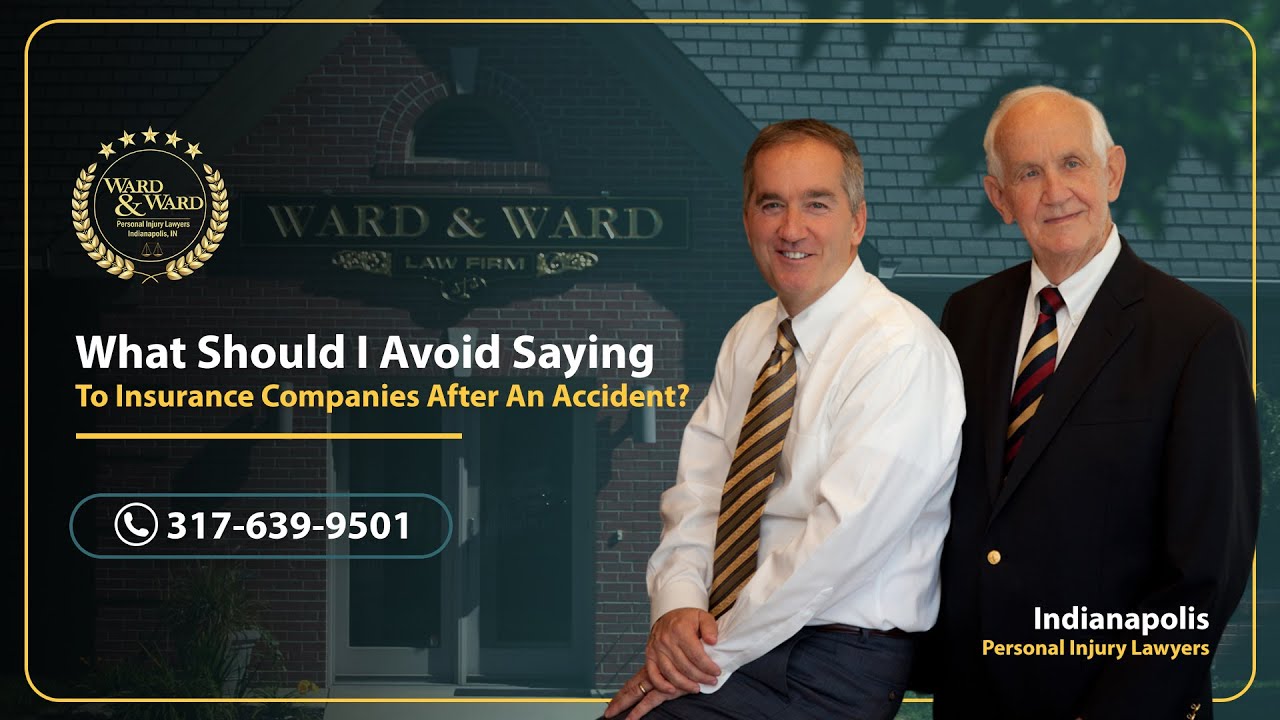‘Negligence’ Defined
We all have an idea of what negligence means. For example, we know a neglected child when we see one, we can all identify that one neglected house on our street, and we know what happens when we neglect our health or our finances. But what does negligence mean in the legal sense?
Negligence and its elements
Legal negligence constitutes more than simply not taking adequate care of something. It means failing to adhere to a minimum standard of conduct in a way that causes measurable harm to another person. Lawyers and judges look for four elements of negligence:
- Duty. Legal theory provides that a person owes a duty of responsibility to others and is obligated to exercise care to avoid endangering others, the kind of care that a reasonably prudent person would exercise in like circumstances.
- Breach. Breach is a violation of the duty of care. Failure to exercise the duty owed constitutes a breach of duty.
- Cause. Legal cause encompasses two concepts. Factual causation means that your breach of duty set in motion a chain of events that otherwise would not have occurred. Proximate cause assumes factual causation and examines whether the breach of duty was closely related enough to the resultant injury.
- Damages. Finally, legal negligence requires that a party has sustained damages. These damages, for example, may include bodily injuries, loss of wages, property damage, and many other types of damages – both economic and non-economic losses.
Experienced Indianapolis personal injury lawyers working for you
If you have a negligence case in Indiana, you need to work with an attorney who knows Indiana personal injury law inside and out. The Indianapolis, IN personal injury attorneys at Ward & Ward have nearly 80 years of combined experience working to ensure that personal injury victims in Indiana get the attention they deserve and the financial security they need.
If you or a loved one suffered an injury because of another’s negligence or recklessness, Ward & Ward Law Firm, Attorneys invite you to contact them as soon as possible to arrange a free initial consultation about your case, by phone at 888-316-3449, through their website, or simply by visiting their conveniently located Indianapolis office.

